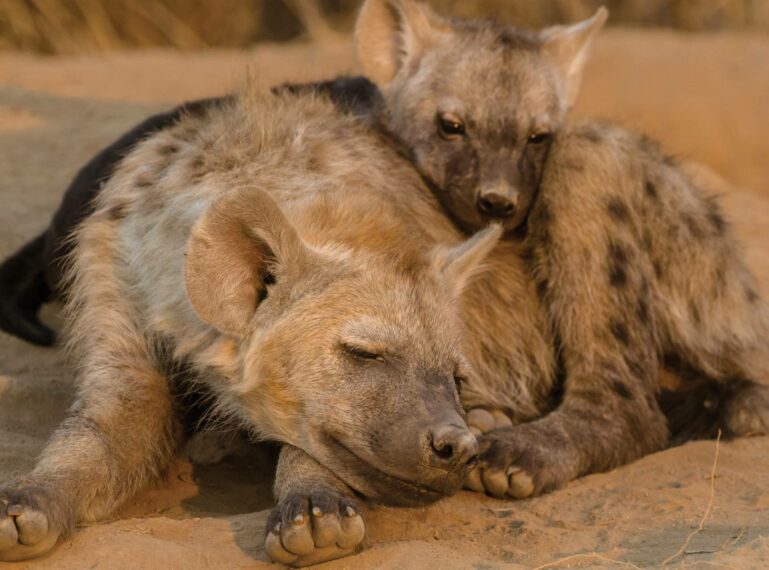
Debunking wildlife myths and shedding light on hyena, vultures, and snakes.
We all have the Walt Disney depictions of certain African animals embedded into our collective consciousness. The Lion King’s stereotype of menacing, scavenging hyenas lurking in the shadows of the elephant graveyard or Kaa, the sinister python from the Jungle Book. Yet these portrayals could not be further from reality. Each of these remarkable creatures plays a vital role in maintaining the delicate balance in nature’s intricate web of connection.
Looks can be deceiving
When it comes to hyenas, looks can be deceiving. While their distinct cackling call and sloping spines might not win them any popularity contests, these remarkable creatures are far from the villains they are portrayed to be. Hyenas are highly adaptable, incredibly intelligent and are crucial in maintaining a balanced and healthy ecosystem. Contrary to their unfortunate appearance later on, they have incredibly cute cubs.
Behavioural ecologists discovered something remarkable: that the spotted hyena rank amongst Earth’s most intelligent animal species. Like primates, they are natural problem solvers, quick to learn and have complex and fascinating social structures. These social structures are led by powerful alpha-females in a true matriarchy, where females are larger than males and hold all the cards. They live in hierarchical social groups that can consist of up to 130 members with daughters and sons inheriting their social rank from their mothers.
What would an evening in the African bush be without sitting beside a fire, listening to the whooping call of hyena echoing in the distance?
That notorious laugh is actually one of the many highly sophisticated ways in which hyenas communicate, expressing everything from stress to submission. Along with their complex social structure comes a highly advanced system of olfactory communication or scent marking known as ‘pasting’. Hyenas use pasting to mark their territory as well as indicate their availability for potential mates. Kind of like the wild version of a dating app.
Want to see what that looks like?
This video from nThambo Tree Camp shows them marking their turf.
Portrayed as conniving and cowardly, we now know that they are powerful predators.
Fieldwork and research has shattered the outdated belief that they are mere scavengers, they are in fact incredibly skilled hunters with around 70% of their diet coming from direct kills. Not only are hyena formidable hunters known to take down prey as large as Wildebeest, they have also been known to scare lions from their kill. They are endurance hunters meaning they wear their prey out through a relentless pursuit unlike the ambush tactics of a leopard or lion who stalk their prey. Think marathon runners over sprinters. Their exceptional stamina comes from having unusually large hearts for their body size. It allows them to maintain a chase when most other predators would tire.
While their hunting behaviours help to control herbivore populations, their scavenging behaviours are also vital for the ecosystem. Their powerful, bone-crunching jaws make it possible for them to crush large bones that other predators aren’t able to while their robust immune and digestive systems allow them to safely consume carrion that others can’t. The clean-up service of devouring carrion helps prevent the spreading of disease and recycles vital nutrients back into the environment. In an interesting thread of connectivity, even their droppings play an important role in the ecosystem. Leopard tortoises feed on hyena scat to absorb calcium that helps strengthen their shells.
A perfect example of nature’s intricate web. Hyenas are not simply predators or scavengers, they are crucial in maintaining the delicate balance that keeps the African wilderness thriving.
Curiousity piqued?
Read more about the spotted hyena from this long-standing study here.
If you prefer to see them with your own eyes, send us a message on reservations@sundestinations.co.za and book your stay at one of our intimate and esteemed camps.
It’s not a kill, it’s a conference
Another of nature’s essential clean up crew is the vulture. Often seen as symbols of death and decay, they do the dirty work that no else wants. Like hyenas, they too can safely devour carrion that would prove lethal to other animals thus helping to prevent the spreading of diseases. Feeding in large numbers, they are nature’s most efficient waste disposal system.
These impressive, somewhat unusual-looking birds play a crucial role in maintaining the balance of our delicate ecosystem. Sadly, they are now an endangered species, largely due to poisoning thus making it more critical than ever to understand their value. If vulture populations decline it can be detrimental to the ecosystem. In India, the Indian vulture population was brought to the brink of distinction resulting in an explosion in the feral dog population which tragically and consequently led to a surge in human rabies related deaths.
Nature’s most efficient waste disposal team
Without vultures and hyena, carcasses would linger for weeks and become the breeding grounds for harmful bacteria and deadly diseases such as anthrax, botulism, and rabies – threatening both wildlife and humans. It is a powerful reminder that nature’s web is more delicate than we realise and that every creature plays an irreplaceable role within it.
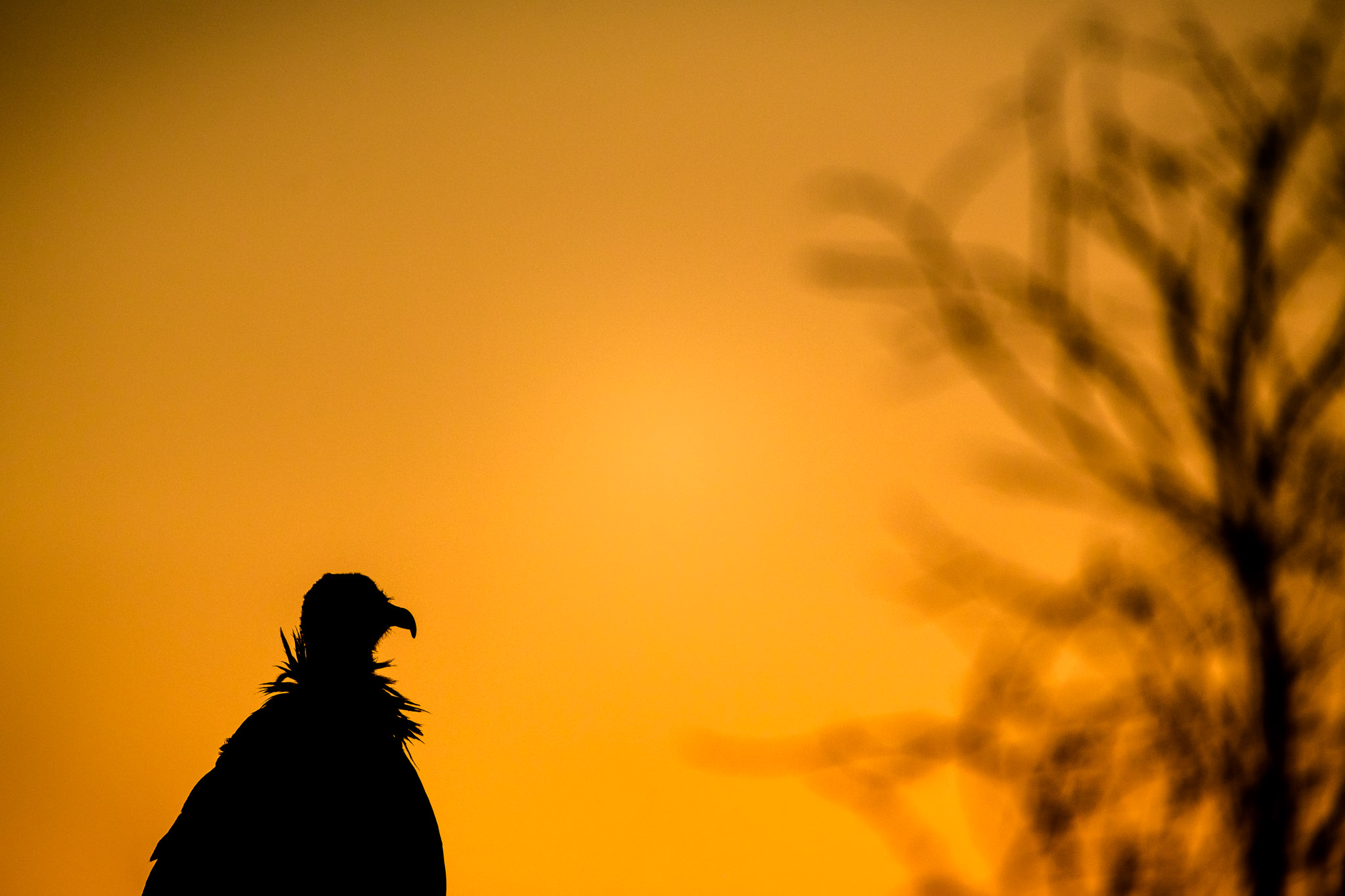
Perhaps, the most misunderstood of all
Lastly, the snake – one of Africa’s most misunderstood and misrepresented creatures. Despite their reputation for being sly and deceitful, most snakes are actually shy, preferring to avoid confrontation. While some species are indeed venomous snakes, around 80% of snakes are not harmful to humans. A snake usually bites as a last resort when threatened or provoked.
These remarkable reptiles are incredibly important in the ecosystem as well as human welfare. Snakes are nature’s pest control experts, they keep rodent populations in check, making them particularly valuable near human settlements. Without snakes, rodent species would explode, leading to crop destruction and a host of other serious issues.
Snakes occupy an interesting position on the African food chain, they are both predator and prey. Secretary birds are specialised snake hunters and have evolved with scales on their legs that act as natural armour. While another of their main predators, the honey badger, has evolved to be astonishingly immune to many snake venoms, making it one of the few animals able to take on some of the more dangerous serpents. In a world without snakes, we would see rodent populations explode while the populations of the predators that depend on them would dwindle.
From Ancient Temples to Modern Laboratories
Snakes have been intertwined with medicine since ancient times. Originating from ancient Greek mythology, the medicinal properties of snakes have been known since antiquity. The serpentine symbol is still used by pharmacies today. From the healing temples of Ancient Egypt to modern laboratories, snake venom has been proven to be a remarkable source of life-saving medications. Scientists have developed treatments for high blood pressure, heart attacks and blood clots have been developed using venom. Using advanced technology, researchers can now isolate and synthesise specific venom components leading to new frontiers in medical research.
While we might want to keep our distance from there, a sighting of a snake is always exciting. Check out this footage of an Eastern bark snake at Africa on Foot
From the misunderstood hyena to the shy snake and circling formations of vultures keeping watch overhead, the truth of these creatures tells a different story than myths might suggest. As we peel back the layers of misconception around Africa’s most misunderstood creatures, we discover that they are not villains but are remarkable animals that keep our ecosystem in balance. Each species is a vital player in the intricate web of life, essential in maintaining the wild places we cherish.
For unparalleled wildlife experiences contact us at reservations@sundestinations.co.za and book your dream escape at one of our intimate bush camps.
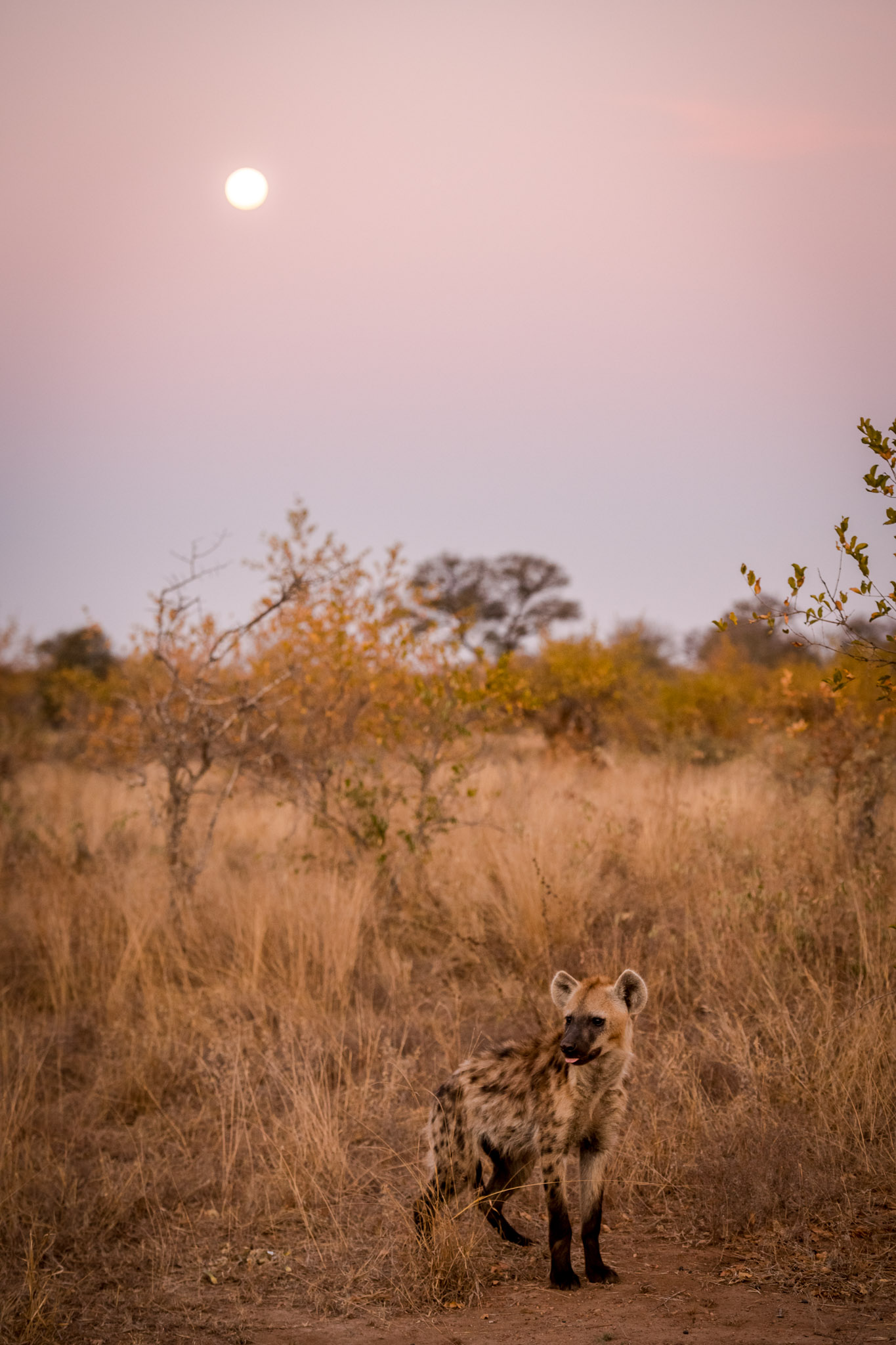
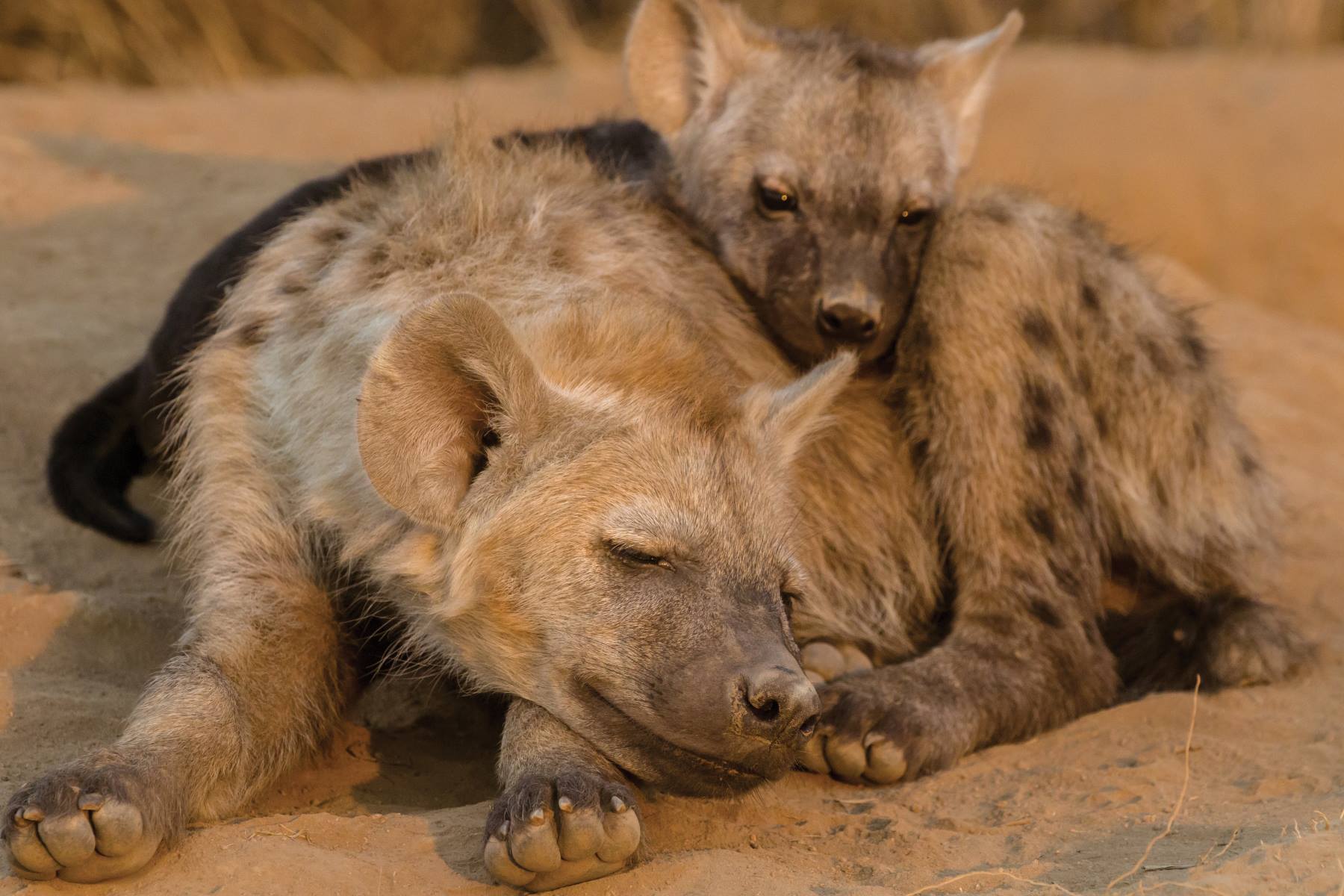
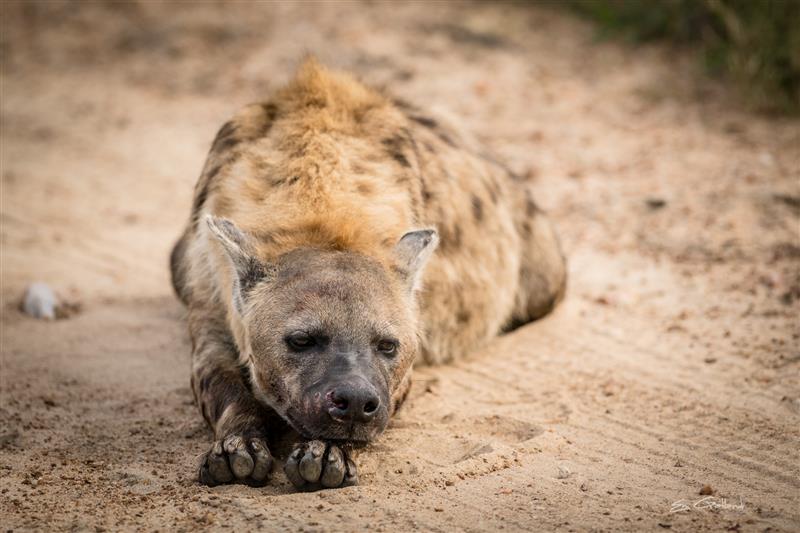
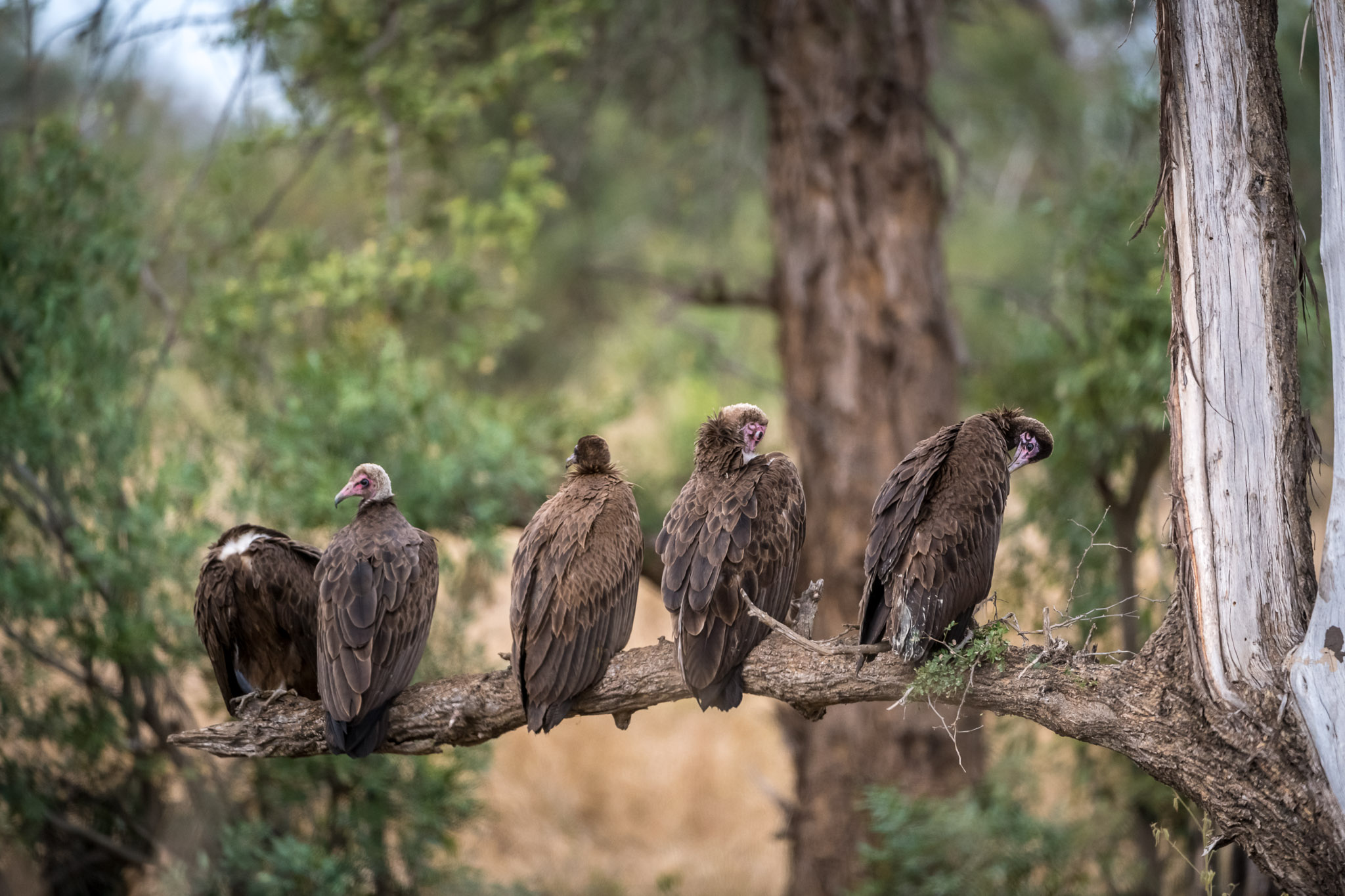

Leave a Comment